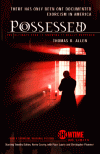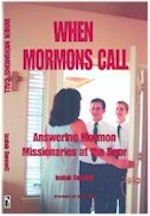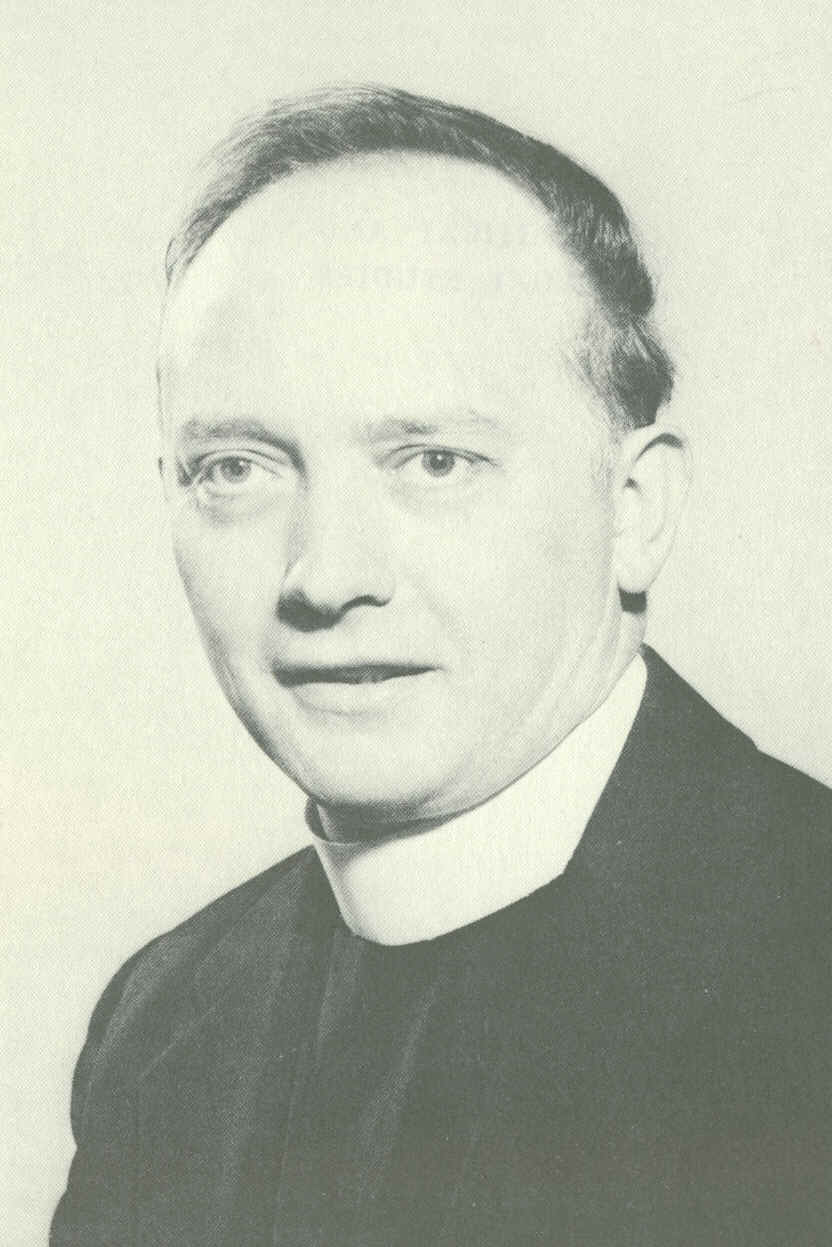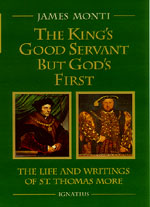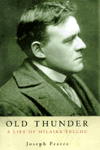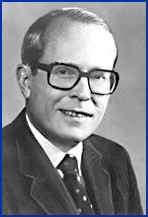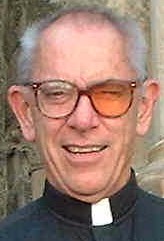|
|
|
Catholic Issues
 Articles & Reviews
Articles & Reviews
Articles
Introduction to G. K.
Chesterton
Religion
and Politics in Bellocian Biographies
American
Sign Language in Catholic Liturgy, I
American
Sign Language in Catholic Liturgy, II
The
Next Papal Conclave
Reviews
(alphabetical
by author)
(Jump
to Briefly Noted)
Briefly
Noted
(alphabetical
by author)
|

Mary
Angela Shaughnessy, Catholic
Schools and the Law: A Guide for Teachers
(1990)
In
our litigious age, Catholic schools and teachers are increasingly the
objects of lawsuits. Every school dollar and teacher hour spent in
litigation is a school dollar and teacher hour not spent on educating
students. Sr. Mary Angela, herself a teacher, not a lawyer, has given
teachers some basic orientation regarding the legal issues which affect
their educational efforts.
Practically every legal
question teachers voice is addressed, at least briefly, in these pages.
Am I bound by the faculty handbook? May I note in my class records that
Sally is a big troublemaker? And so on. Each receives sound, brief
answers.
Rather than list this book’s
many strengths, though, I beg to point out just a handful of weaknesses.
First, the three opening questions of her “Legal Pre-Test” seem
imprecisely worded. Second, Sr. Mary Angela might have made it clearer
that educational malpractice is actually a form of negligence. Third,
Sister’s advice on avoiding defamation suits srikes me as a bit narrow
in some places. Fourth, after correctly pointing out that the
exculpatory clauses in “permission slips” do not protect a school or
teacher from liability, she later recommends that such clauses be
inserted in the slips, for reasons not clear to me. Fifth (this is not a
criticism but a suggestion), some attention can be paid to canonical,
instead of civil, methods for resolving disputes that arise in Catholic
education.
In sum, while Catholic
Schools and the Law is perhaps too brief to serve as a general legal
guide for teachers, it could be used well as a supplement for in-service
day for teachers and the law, and certainly deserves a place on the
faculty reference shelf. |
|

John
Hardon, The Catholic Catechism
(1975)
I still
remember, more than 25 years after the fact, reading this book cover to
cover one weekend in college, and realizing for the first time that the
whole "Catholic Thing" made profound sense. I, along with so
many others, warmly recommend this book as an introduction to the teachings of the
Church. |
|

Walter
Miller, A
Canticle for Leibowitz (1984)
Miller
reminds me of Bizet, the composer of "Carmen". Both Bizet and
Miller are essentially one-work men, but what a work each has created! And just
as "Carmen" is recommended as an opera for those who hate opera (poor
souls), so I recommend Canticle for Leibowitz for those who hate science
fiction (like me). It is a stunning book. I've read it several times, and
appreciated it more with each reading.
|
|

Ludwig
Ott, Fundamentals of Catholic Dogma
(1992)
Ott's
compliation of Catholic systematic theology first appeared in German in
the early 1950s. Translated since then, it remains the best single
volume of Catholic theological data available anywhere. Indispensable,
and easy to use.
|
|

John
Peterson, ed., Father Brown of the Church of
Rome
(1996)
Is
there a better first experience of G. K. Chesterton than in reading his famous "Father Brown" mystery series,
and is there a better selection of Fr. Brown stories than that
provided by John Peterson and Ignatius Press? Peterson's discreet footnotes help
the subtlety,
richness, and humor of GKC shine through. Clean, intelligent reading for kids,
too.
|
|

Effie
Quay, And Now Infanticide
(1977/1980)
This
small pamphlet was written just a few years after the Supreme Court's 1973
abortion decision in Roe v. Wade. Even the she saw the infanticide
growing from the same arguments being aired in the abortion debate. As a medical journalist, Effie Quay knew how how to research
bio-ethical issues
and present them intelligently. Her slim text has become a minor classic in right
to life literature.
|
|

Charles
Rice, Beyond Abortion:
Theory...of the Secular State
(1978)
This
short book by Notre Dame law professor Rice is an excellent
overview of the legal philosophies that have fueled
the rise of abortionism in 20th century America. Rice shows how seriously legal positivism
has affected public thinking on leading moral questions of the day,
notably abortion. Designed for non-professionals and accessible to those not
approaching the topic from a Catholic perspective.
|
|

Jeffrey
Steffon, Satanism:
Is It Real?
(1992)
Fr.
Steffon, a priest from Los Angeles, has provided a reliable and
non-sensationalistic overview of satanism and occult practices in the US. The
book has a personal and pastoral emphasis with real descriptions of the
varieties and degrees of satanic influence especially among young people. There
are a few lines here and there which I think could have been phrased more
precisely, but these do not detract from the very solid service provided by this
book.
|

Gregory
Wolfe, The Hillsdale Review (1980s,
ceased publication)
Every
once in a while, maybe just for a few minutes, it does a soul good to
turn away from the crush of liberalized clerics and radicalized laymen,
pandering their mythological histories of the preconciliar Church, and
listen to one of Catholic America’s most responsible commentators tell
how (at least in his typical experience) it really was. And, if by
chance one is of the opinion that, for example, every Catholic home had
a picture of Joe McCarthy over the mantel, or that the Supreme Court
first taught Americans the immorality of public racial segregation, then
Dr. Hitchcock’s “The Odyssey of a Preconciliar Catholic Liberal”
will be even better reading. You’ll find it as the lead essay in the
Spring, 1984 issue of The Hillsdale Review.
Along the way, be sure to take
a close look at The Hillside Review itself. This quarterly
magazine, founded by conservative (I use the term interchangeably with
“intelligent” or “reflective”) students some five years ago has
in its brief history matured magnificently. Building upon the bedrock of
such solid thinkers as James Hitchcock, Russell Kirk, and Marion
Montgomery, The Hillsdale Review also brings to American letters
the best of our younger essayists. It’s strong evidence that the
battle for ideas in America is far from over.
|
Top
|| Home
|| Canon
Law || Liturgy
& Sacraments || Catholic
Issues || Personal
|
|

